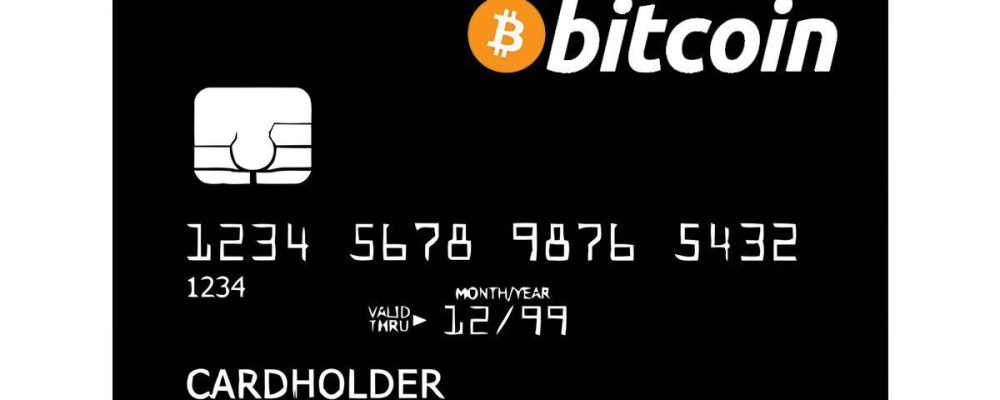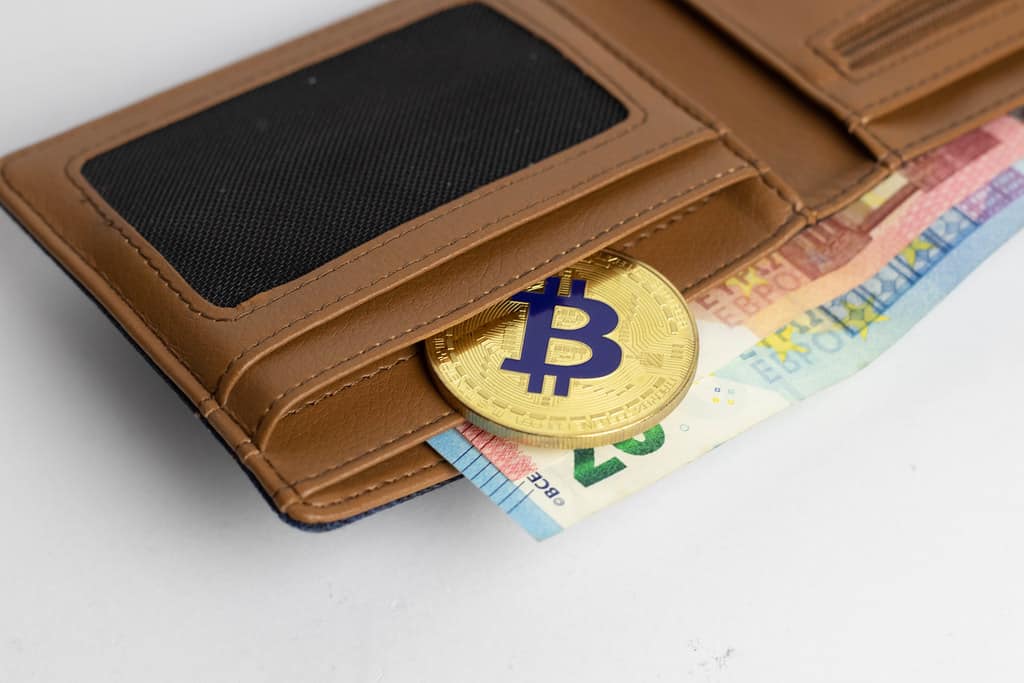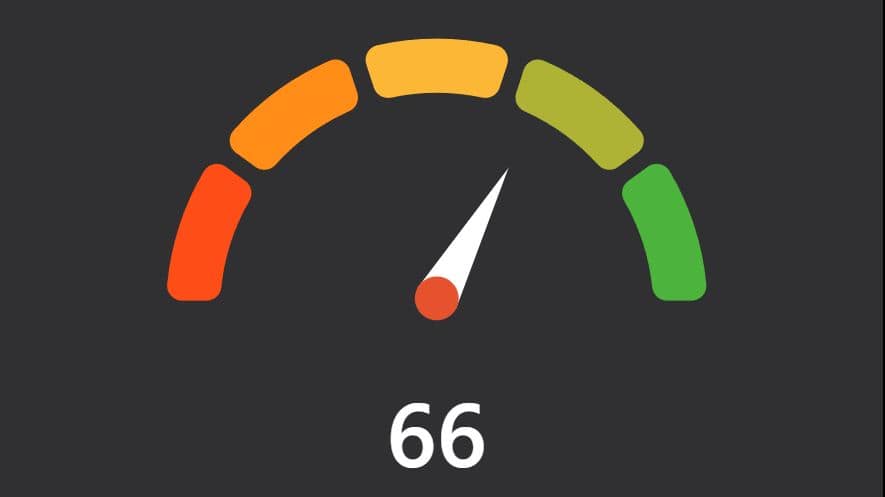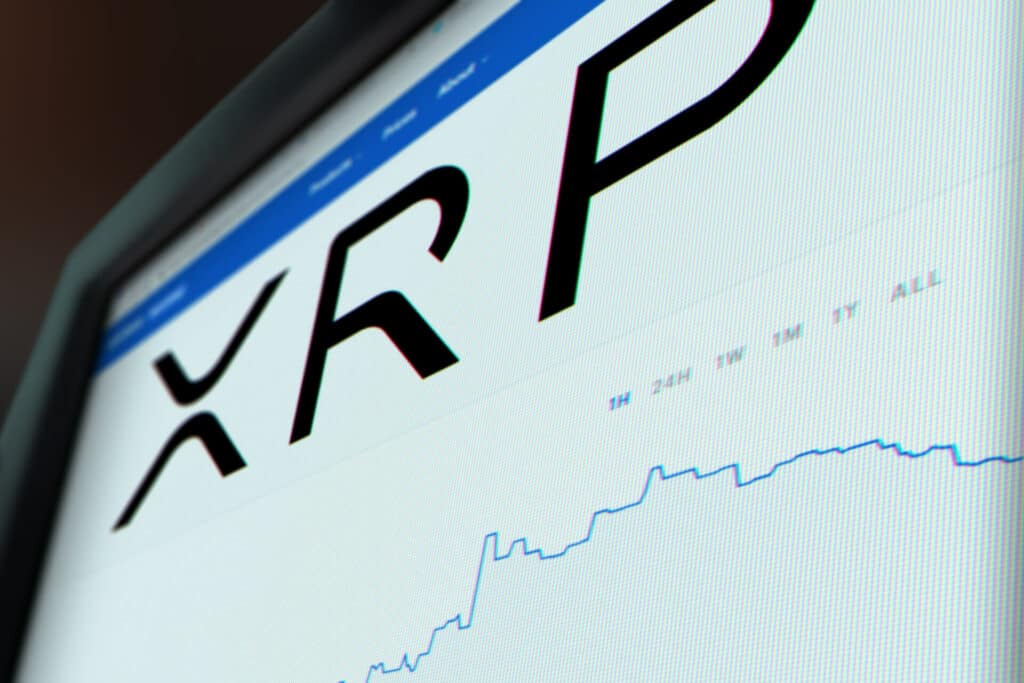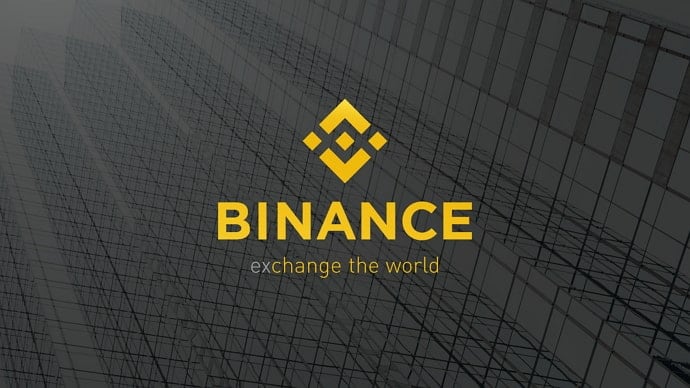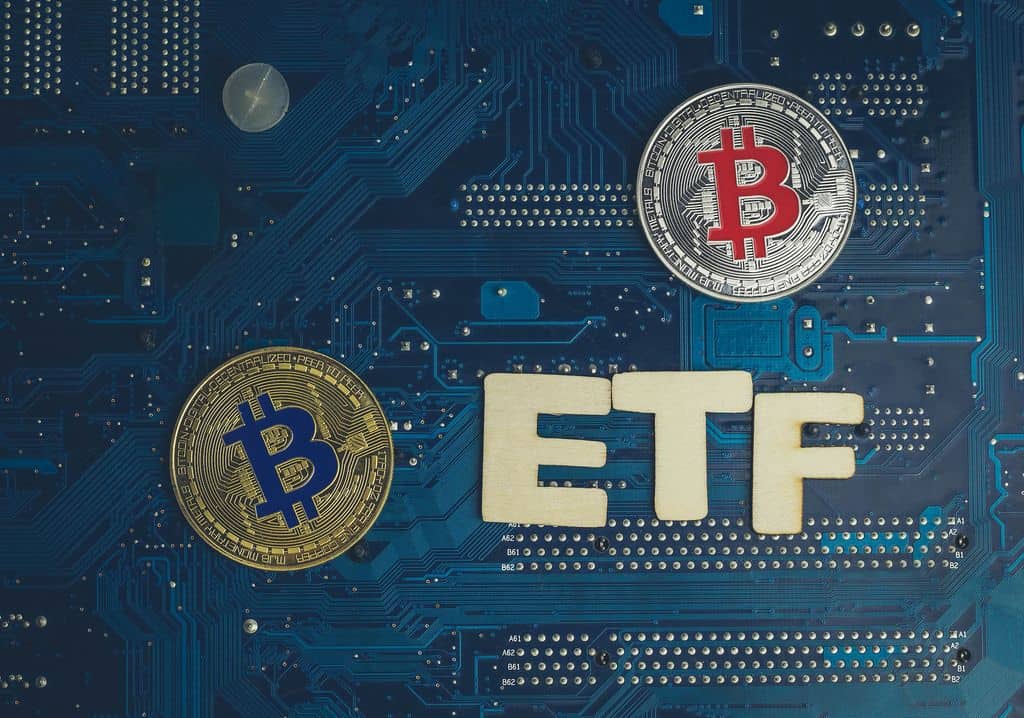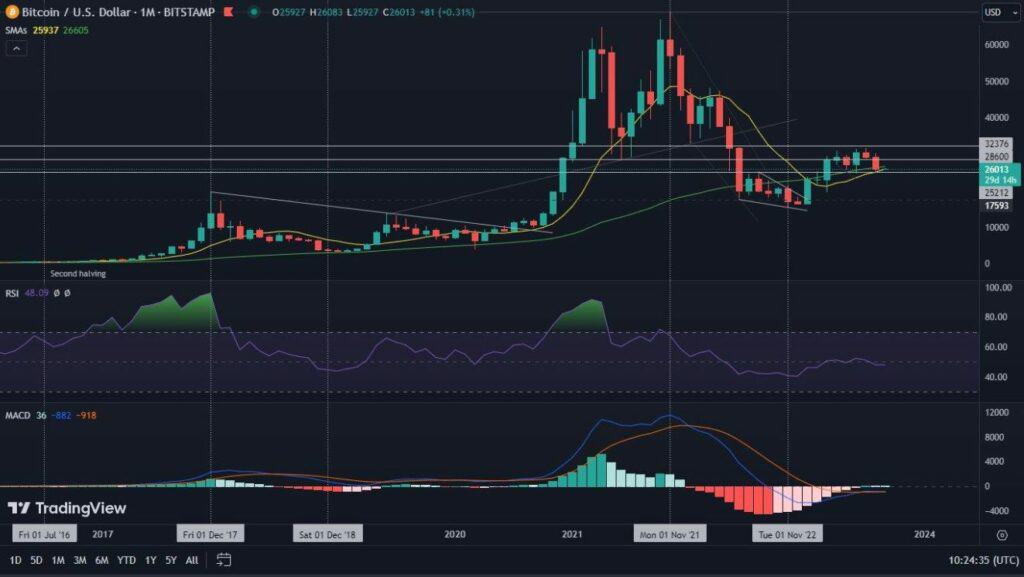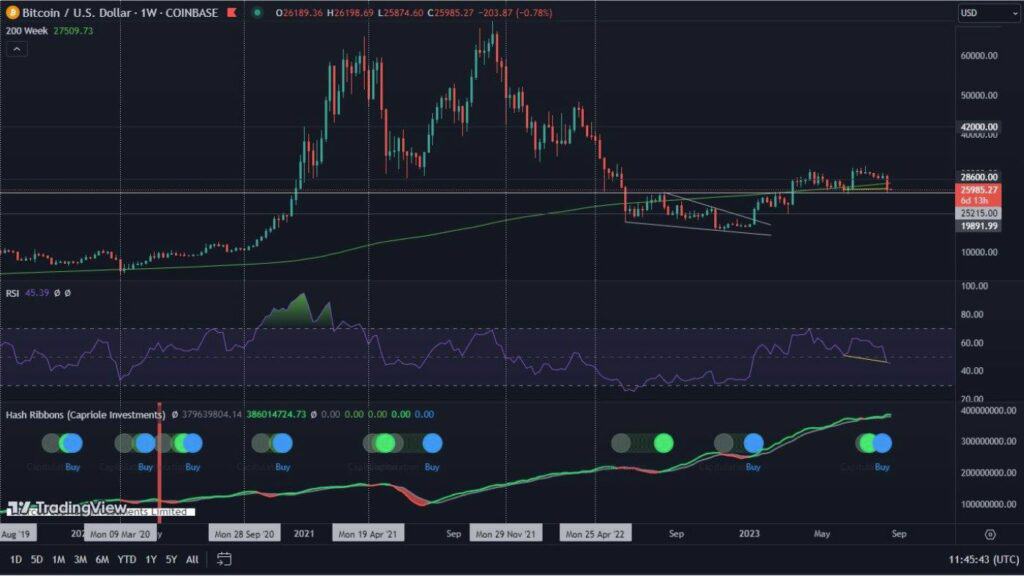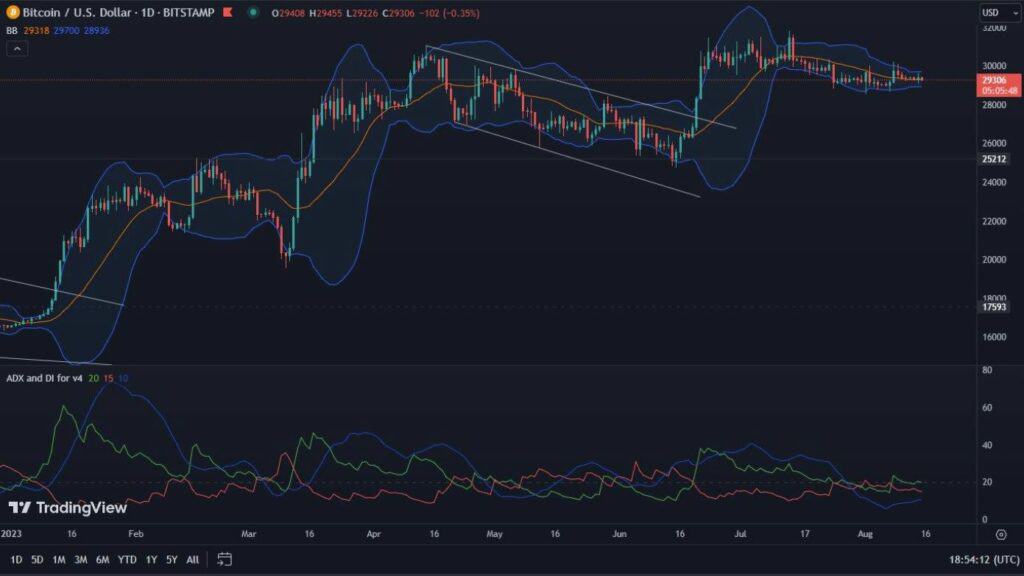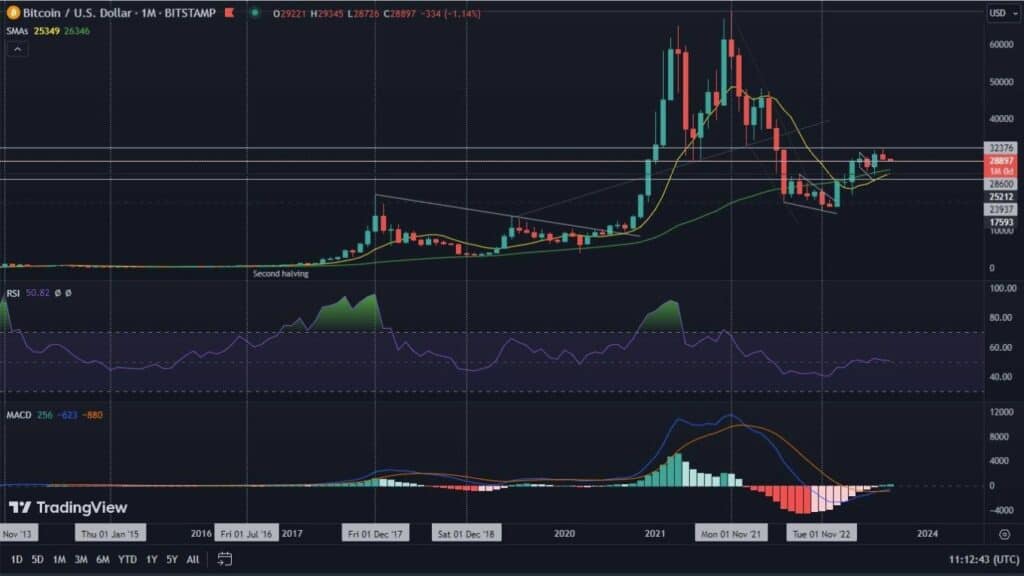Both exchanges and crypto lending platforms are increasingly coming out with offers for cards, attached to the accounts of their users. In this article we will try to introduce the features of four, in our opinion, the most interesting proposals on the market.
Coinbase card
Coinbase introduced its payment card back in 2019. Its operator is Visa. Initially, it was available only to customers from the United Kingdom. Today, it is used by citizens of nearly 30 countries. Payments can be processed of ten cryptocurrencies with this card. While making payments, our crypto assets are converted into local fiat currency. This allows you to make purchases at any point that accepts Visa-backed payments.
An additional advantage of the Coinbase card is its compatibility with Google Pay and Apple Pay. This means users of smartphones and smartwatches linked to the card don’t have to carry it with them to make purchases.
BlockFi Card
In 2020, the credit card was announced by the BlockFi platform. In its case, the entity providing the feature is again Visa, with the participation of Evolve Bank & Trust. The special features of the card are the reimbursement features that are available for its use. Anyone who makes a purchase transaction with the help of the card will be able to get 1.5% of the transaction value back, in the form of Bitcoin. Card users can also look forward to bonuses of $250 in BTC after making a payment of the equivalent of $3,000.
Gemini Card
The American exchange Gemini has also decided on a solution based on a credit card. Here the operator is MasterCard, and it is issued by WebBank. The holders of this card have the opportunity to transfer their digital assets, obtained in the Gemini Earn program, to this card. It was initially available to customers from the United States. The introduction of innovation on the platform, is the result of the acquisition of fintech startup Blockrize. With it, the exchange decided to make its own product available. The Gemini card has standard payment features, allowing it to accept transactions wherever MasterCard is supported. The special advantage of this card is the possibility to get up to 3% return for transactions, in the form of BTC or other cryptocurrency.
Crypto.com Card
The fourth card in our list is a product belonging to the Crypto.com exchange. Here again, Visa appears in the role of the operator. In this case, we are essentially dealing with as many as five proposals. They differ in such factors as the amount of refunds, the limit of free withdrawals from ATMs or even the limit of the value of the exchange of available funds at the interbank rate. The available cashaback is a range between 1% and 2%. Importantly, the Crypto.com card does not convert cryptocurrencies into fiat currencies, which requires a separate loading to be able to use it.
It does, however, have an interesting feature resulting from the staking of Crypto.com’s native token, the CRO. Staking a token for a minimum of 6 months entitles us to a higher cashback, and to enjoy promotions on online services. It allows us to come into possession of higher level cards without having to pay for their delivery and processing fees.

